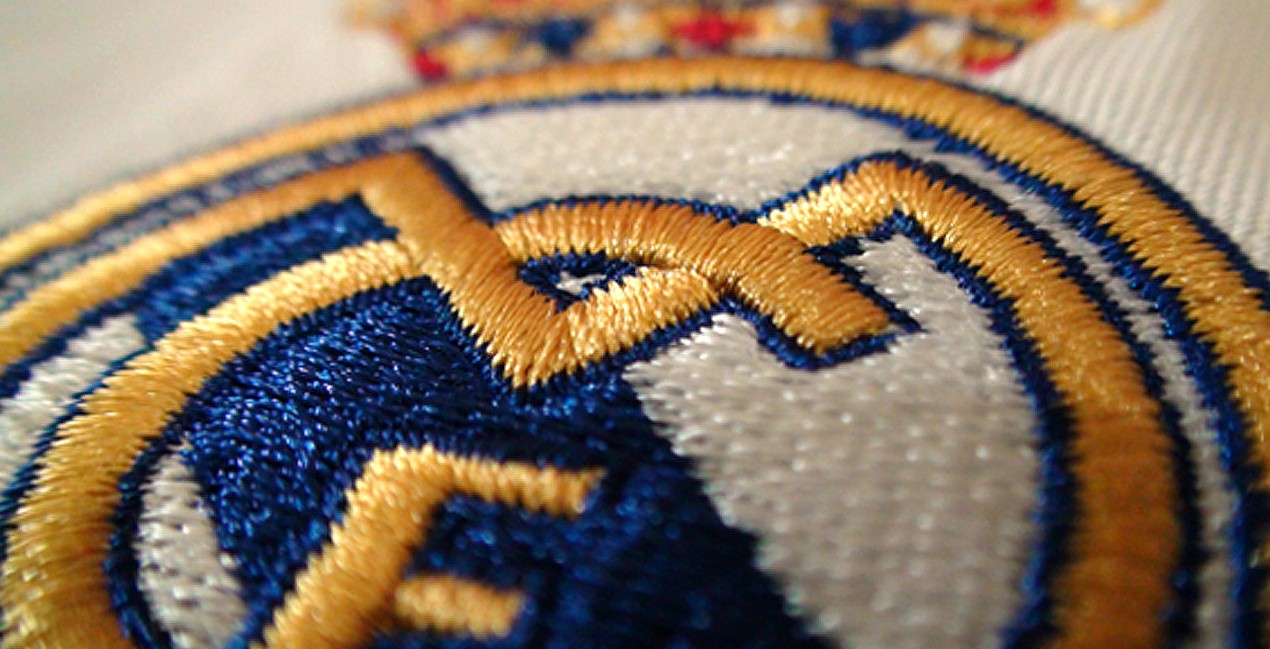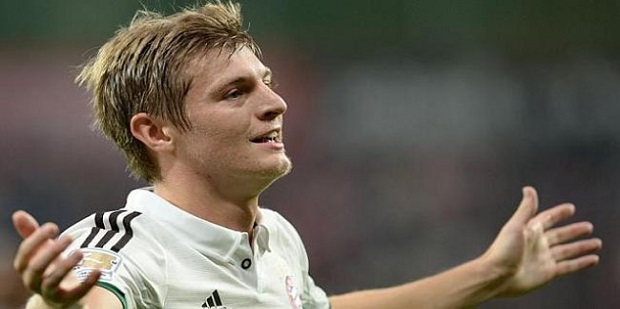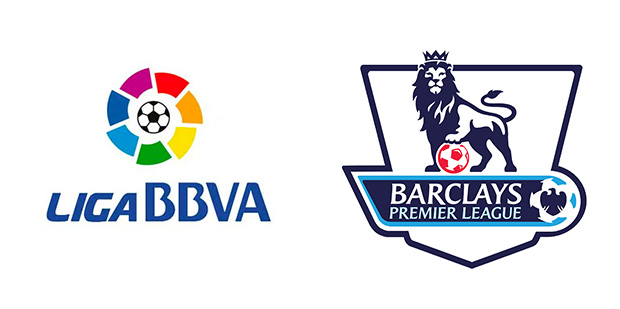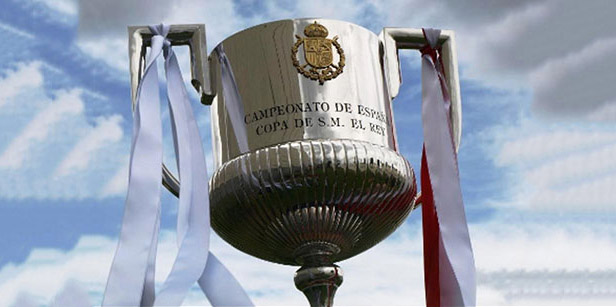- S.D. Eibar ready for maiden La Liga outing
- SD Eibar stengthen ahead of debut La Liga season
- Can ‘Super Mario’ live up to expectations in Madrid?
- MAN IN THE GROUND – Brentford 0 – 4 Osasuna
- Historic Basque derby welcomes S.D. Eibar to La Liga
- Munich to Madrid, via Brazil – Tony Kroos
- Rakitic in Spanish Switch
- Can Spain find redemption in Rio?
- Viva Espana! A season of redemption for Spanish football
- From the old to the new: who can fill the void in years to come for La Roja?
THE DAY MADRID MET MADRID
- Updated: 25 January, 2012

Real Sociedad were one of the best two teams – along with Real Madrid – in Spain in the 1979/80 season.
Both sides were a cut above everyone else – highlighted perfectly by the 13 point gap between Sociedad in second and Sporting Gijon in third. Real Sociedad were to be Castilla’s opponents in the quarter finals and the first leg, at Sociedad’s Anoeta stadium, was where tactics changed.
Recognising the vast difference in quality between the two sides, Castilla reverted to a defensively solid line-up, they sat in and made things difficult for the La Liga side.
The dogged approach, paired with an outstanding performance from the goalkeeper Augustine kept La Real out for long periods, unfortunately for Castilla however, the Basque side managed to put two goals away. After some high intensity pressing, the visitors did get a goal in the second half which kept the tie in the balance.
All was not over, and Castilla still had hope that their dream would continue. There was still a belief, from everywhere but Castilla, it has to be said – that La Real’s expert counter-attacking style away from home would put an end to the magnificent run. Add to that the fact that Real Sociedad were still unbeaten in all competitions, and it’s fair to say that the opinion was justified.
At the start of the second leg, Real Sociedad came out looking confident, they threatened Castilla in the opening minutes as the Madrid side tried to find their rhythm. The opening stages seemed to lull Sociedad into a false sense of security, they became too confident.
This is where Castilla hit them. They were passing to feet, attacking with blistering pace and going into challenged with the utmost aggression. A stunned La Real went 2-0 down in the first half, and they never recovered.
The intensity was too much, Castilla wanted it more and they got it. They were into the semi-finals of Spain’s main cup competition. It had started to become almost surreal.
The main talk before the semi-final clash was all about the final. Sporting Gijon, who finished third in La Liga that year, merited but a passing mention after it was clear that Real Madrid were possible opponents for Castilla.
The feeder club had a chance of playing their owners in the Copa Del Rey final – it was almost too good to be true for those in Madrid.
Castilla had the small matter of getting past Sporting over two legs before their dream became reality.
This was a side that featured the Quini. Considered one of the greatest Spanish strikers of all time, he claimed the Pichichi on five separate occasions – scoring over 20 goals each time. No matter how resilient they had been, Castilla had not faced a test like this before.
The first leg was similar to the quarter final for Castilla – defensive, organised and pressing with intensity.
The set up worked well, again, although it was clear that the overwhelming attacking talents of Sporting were proving very difficult.
Devastatingly, Castilla were down to ten men from the 59th minute onwards, it became too much, Sporting swarmed them and, through two penalties, won the game 2-0. Although they came out of the game with much respect, the dream final was slipping away.
Sporting travelled to Castilla knowing full well that they would be in for a tough test.
The game began, and they seemed prepared for the aggressive, fast-paced tactics. As the first half wore on, it was clear that, beyond all expectations, yet again – Castilla were on top.
Gallego, the strong midfielder of exquisite quality, began to control the game every time Castilla were in possession.
When Sporting had the ball, they were harried into giving it away – their heads began to go down and both the players and fans smelt blood.
It was all Castilla, tackles flew in and attack after attack followed, a stunned Sporting side went into the dressing room 3-0 down.
It was happening again.
As the teams came out, it was clear that Sporting had acknowledged that Castilla were going to the final.
The same routine from the first half continued, the pressure on Sporting had made them wilt. Castilla added a fourth goal before Sporting struck a mere consolation in the dying minutes thanks to an error from Augustine.
The game ended 4-1, with Castilla claiming victory with a scoreline of 4-3 on aggregate.
Extremedura, Alcorcon, Racing Santander, Hercules, Athletic Bilbao, Real Sociedad and Sporting Gijon.
Each of the sides had been defeated.
Castilla were on their way to the Copa Del Rey final, and their opponents? Real Madrid, of course, who had kept up their end of the bargain.
On 4 June 1980, the final was played in front of King Juan Carlos who had been very complimentary about the achievements of the young Castilla side.
Those in Madrid saw the game as a ‘family reunion’ of sorts.
No-one expected an upset.
The gulf in class was extraordinarily large, and the game itself showed that.
It was a walk in the park for the senior Madrid side as they won the game 6-1 to claim the trophy.
Castilla lacked the ruthless, aggressive edge they employed in the run-up to the final. Maybe playing the side that effectively owned them meant that the competitiveness was taken right out of them.
They were inferior in every way imaginable.
Castilla’s star man, Ricardo Gallego, summed up the final well, saying: “Despite the fact that we beat teams from the Primera Division before the final, it was clear that, however hard we tried, victory was impossible. Also, the fact that we had reached the final meant that Real Madrid were guaranteed to take us very seriously. The reality is that the 6-1 result was a reflection of the distance between us and them.”
It may have ended in an anti-climax, but the legacy that this Castilla side left behind proved to be the beginning of something much bigger than a cup run.
Club legend – and advocate of young players – Alfredo Di Stefano was named manager soon after; he began to take notice of the talent in the reserve side.
Five of the youngest players in that Castilla side were seen as some of the most exciting talents in Spain – Emilio Butragueño, Martin Vasquez, Miguel Pardeza, Jose Miguel ‘Michel’ Gonzalez and Manuel Sanchis collectively became known as ‘La Quinta del Buitre’.
They became the future of Real Madrid and Spain, and all played for the first team and the national side over the next few years delivering much success. It is quite fair to say that the cup run of Castilla changed Spanish football in a certain way forever.
The reserve sides were looked at differently; they were a place where youngsters could grow into truly great players for the senior side.
It opened the bigger club’s eyes in terms of what they had at their disposal.
Real Madrid began to promote players from within much more, as did other clubs. Youth was recognised as the way forward.
It could be said that even the famed La Masia of Barcelona owes something to that gifted and spirited Castilla side. And there is no greater compliment than that.
Follow @icentrocampista






One Comment
You must be logged in to post a comment Login